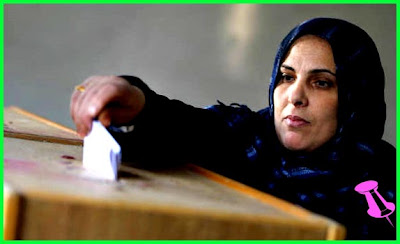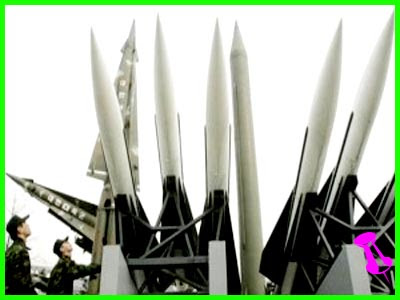
Michelle Obama has opened up about her husband’s past drug use during an appearance on Comedy Central’s The Daily Show to promote her new cookbook.
The First Lady said Barack Obama gave up drugs at a young age because he realised he ‘could do more with his life’.
She made the revelation when the show’s host Jon Stewart asked her about recent claims of the President’s smoking habit during his high school and college years, the Daily Mail reported.
It follows excerpts released from a forthcoming biography of the President by David Maraniss that portrayed him as a party-loving pot smoker.
The book, titled Barack Obama: The Story, reveals how...






































